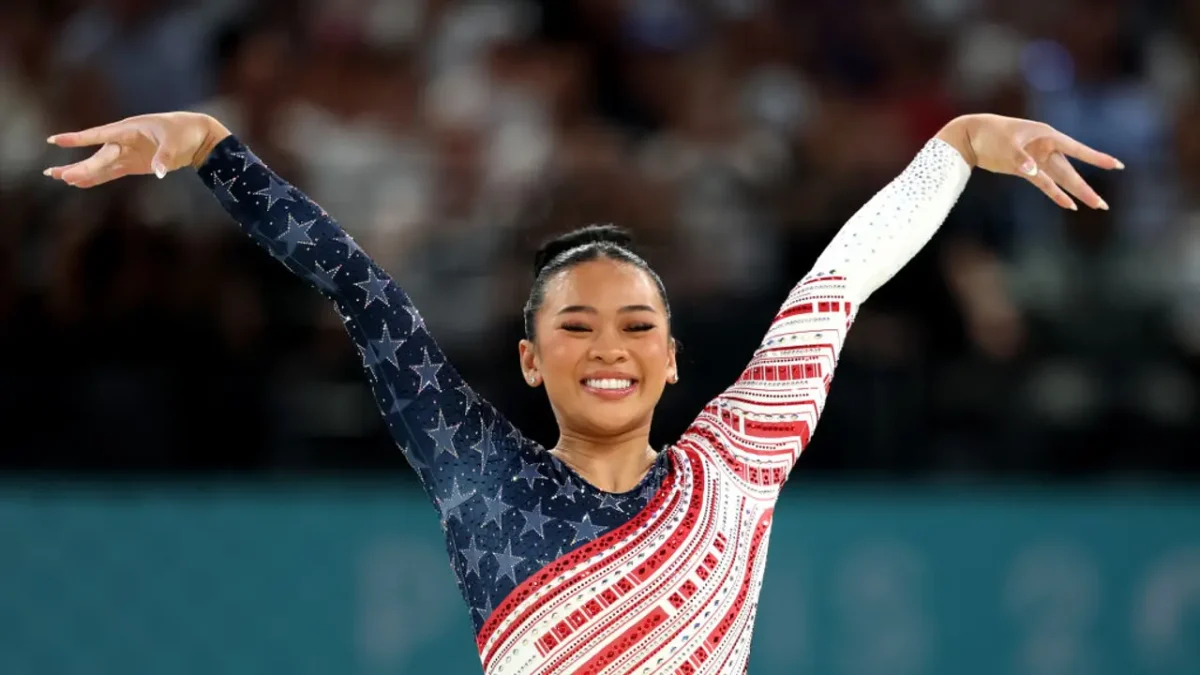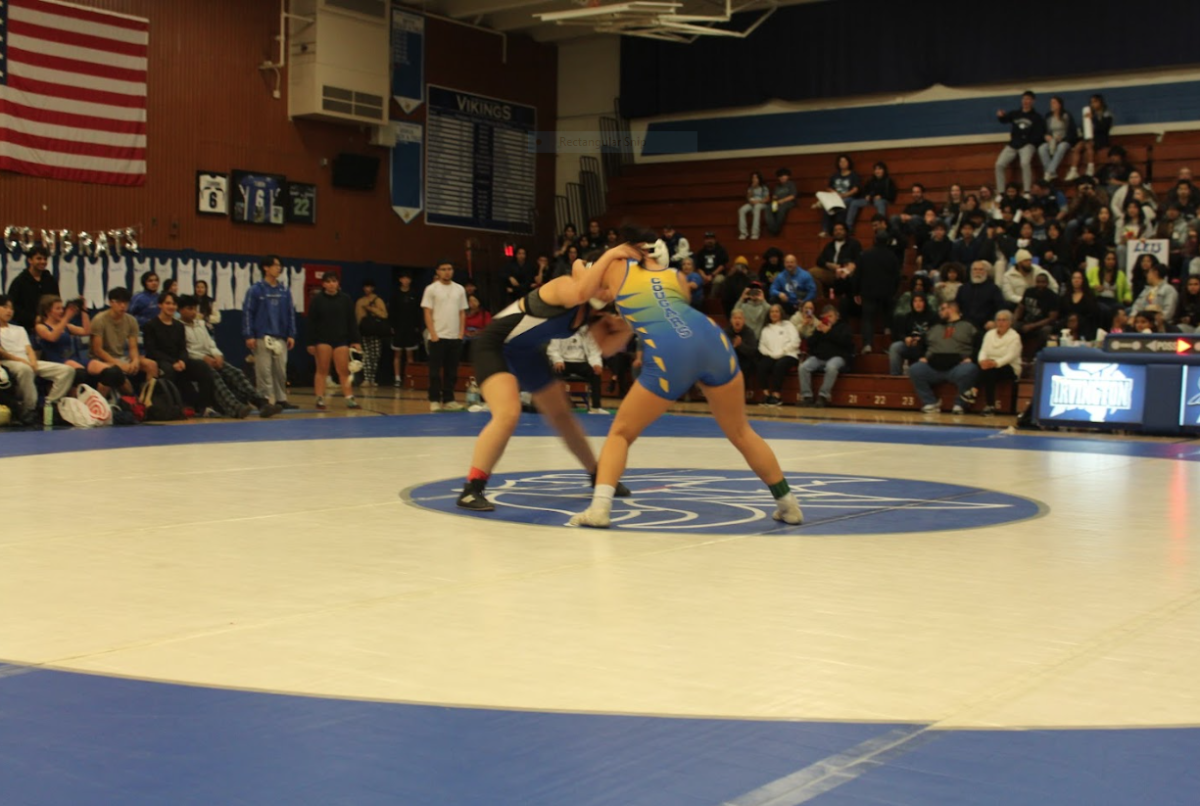At only 21 years old, Sunisa “Suni” Lee is one of the most formidable athletes of this generation. Being of this caliber, Lee’s participation and performance at the 2024 Olympic Games in Paris, France was highly anticipated by fans and media; however, her difficult road to success was nothing short of a spectacle. Overcoming the limitations of multiple illnesses would be a difficult journey for anyone, but even more so for a professional athlete with high expectations.
Sunisa Lee grew up around gymnastics for the majority of her childhood and began training in the sport at age 6. She quickly made her way to the national gymnastics scene in her youth and qualified for the US Junior National Team at age 14, eventually moving to the main national team. There, she won the 2020 Olympics all-around gold medal and uneven bars bronze medal. In addition, she won the 2019 World Championship silver medal for the floor event and the bronze medal for uneven bars.
Lee’s talent is certainly not overlooked by sports media, but her health issues and struggles are scarcely known to the public. Lee was diagnosed with two kidney diseases in February of 2023. Although she has not disclosed which diseases in particular, she undeniably faced significant struggles both physically and mentally that inhibited her ability to return to her sport. During an interview at the Team USA media summit in April, Lee told reporters, “Whenever I’m talking to my coaches, I get really sad because I’m never going to be the same. I’m not the same Suni, I’m not the same athlete.”
There were times when Sunisa contemplated completely exiting the professional gymnastics scene because of how she felt like she lost control over her athletic career and body. “There were so many times where I thought about quitting and just giving up because I was so sick, and it was just so hard to stay motivated, watching everybody get better, and I’m just like I can’t even get back into the gym and constantly doubting myself,” Lee reflected.
She got cleared to return to gymnastics and began training for her participation in the 2024 Olympic games in January of the following year, finally providing her with the green flag and reassurance she was craving. But, her recovery was not consistent or immediate. Lee continued to face struggles with her training and had difficulty returning to her athletic potential. Her progress was spotty, which led to Lee facing more problems with her mental health. Some days, she was able to perform her entire routine without mistakes, and other days she struggled to even come to the gym. Lee mentioned not wanting anything more than to be able to compete in the 2024 Olympics. Coach Graba added, “A lot of people say, ‘She already won the gold. What else does she have to prove?’ But she didn’t win the gold to prove anything to you in the first place. She did it because she loves gymnastics.”
When the 2024 Olympics finally rolled around on July 26, Lee was feeling and performing much better than before. She went on to win the bronze medal in uneven bars and another bronze medal in all-around. Lee’s critical attitude toward herself also improved with her performance. She congratulated herself saying, “I’m trying to give myself a little bit of grace and be like, OK, we didn’t even think that we would be at the Olympics. So making it to the final was just kind of a bonus.” From an inspirational standpoint, Lee’s journey reflects the dedication, perseverance, and determination needed to overcome adversity in the professional and personal landscape.













